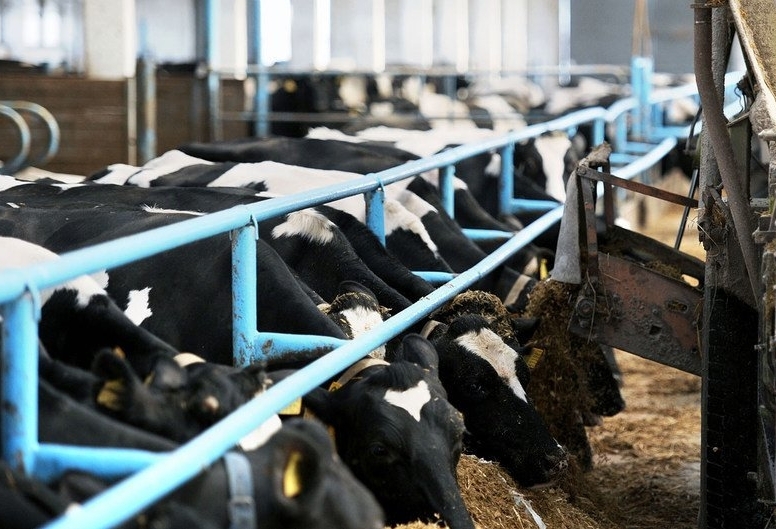



Animal health important for helping cut greenhouse gas emissions, FAO new report says

Baku, July 22, AZERTAC
Improving animal health can help cut greenhouse gas (GHG) emissions, but more granular approaches to measuring progress are vital if countries are to be able to include it in their national climate commitments, a new report shows, according to the official website of the Food and Agriculture Organization (FAO).
Diseases affecting animals, how long they live and how productive they are all have a significant impact on GHG emissions, says the report by the Food and Agriculture Organization of the United Nations (FAO), Global Dairy Platform and the Global Research Alliance on Agricultural Greenhouse Gases, entitled “The role of animal health in national climate commitments.”
This means greater investments are needed to establish systems for measurement, reporting and verification (MRV). There is currently no standardized method to include improved animal health in most countries’ GHG national inventories or nationally determined contributions (NDCs). As a result, the importance of animal health is often not clearly reflected in countries’ commitments to fight climate change.
“This report marks a breakthrough in highlighting the importance of animal health and guiding countries towards a much more granular approach in evaluating its role and how it needs to be incorporated into national commitments to help mitigate the climate crisis,” said FAO Deputy Director-General Maria Helena Semedo.
“The livestock sector provides vital nutrition and livelihoods for more than a billion people worldwide,” said Donald Moore, Executive Director of Global Dairy Platform. “This brief demonstrates how governments and industry can work together on climate solutions and is part of the global dairy sector’s Pathways to Dairy Net Zero initiative,” he said.
“While this report clearly demonstrates the opportunity for improved animal health to contribute to climate mitigation, it also highlights the need to address critical data gaps and build capacity in low- and middle-income countries, in particular.
Governments and the sector should support long term investments in research and create the enabling environment for animal health policies and programmes to realise their full potential,” said GRA Special Representative, Hayden Montgomery.
At the same time, animal health interventions cannot be considered in isolation at animal level as affecting only direct emissions. For example, supply-chain emissions may diminish due to reduced needs for replacement animals or changes in the feed ration. Therefore, it is important to adopt a systems perspective and understand the drivers of supply-chain emissions.
Emperor penguins lost thousands of chicks to melting ice last year
From Death Valley to the Swiss Alps, extreme weather records hit new heights
Magnitude 5.0 quake jolts Azerbaijan’s Masalli-Jalilabad administrative border